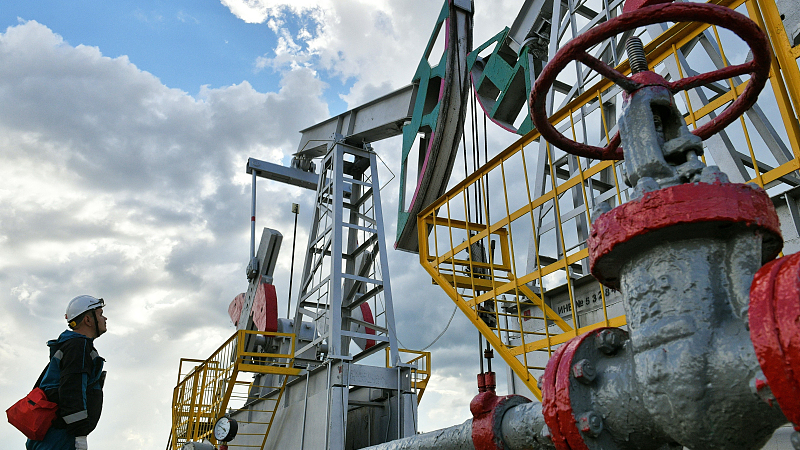
Oil production at the Romashkinskoye field, Almetyevsk, Tatarstan, Russia, July 27, 2022. /CFP
Oil production at the Romashkinskoye field, Almetyevsk, Tatarstan, Russia, July 27, 2022. /CFP
Russia on Saturday denounced a $60 price cap on its oil agreed by the European Union, G7 and Australia, even as Ukraine suggested it was not tough enough and might have to be revisited.
“Now we are analyzing,” said Kremlin spokesman Dmitry Peskov, Russia Today (RT) reported on Saturday. “Some preparation was carried out for such a ceiling. We will not accept this ceiling, and we will provide further information on how the work will be organized after the review.”
The $60 oil price cap will come into effect on Monday or soon after, alongside an EU embargo on maritime deliveries of Russian crude oil.
The embargo will prevent seaborne shipments of Russian crude to the EU, which account for two-thirds of the bloc's oil imports from Russia, potentially depriving Russia of billions of euros.
Russia has repeatedly stated that it will not sell oil to nations that participate in the scheme, warning that the cap will wreak havoc on energy markets and push commodity prices even higher, according to RT.
The G7 nations – Canada, France, Germany, Italy, Japan, the United Kingdom and the United States – along with Australia have already said they are prepared to adjust the price ceiling if necessary.
The cap stops countries from paying more than $60 a barrel for Russian oil deliveries by tanker vessel and is designed to make it harder for Russia to bypass EU sanctions by selling beyond the EU at market prices.
The market price of a barrel of Russian Urals crude is currently around $65, just slightly higher than the $60 cap agreed upon, suggesting the measure may have only a limited impact in the short term.
(Source: AFP with edits)